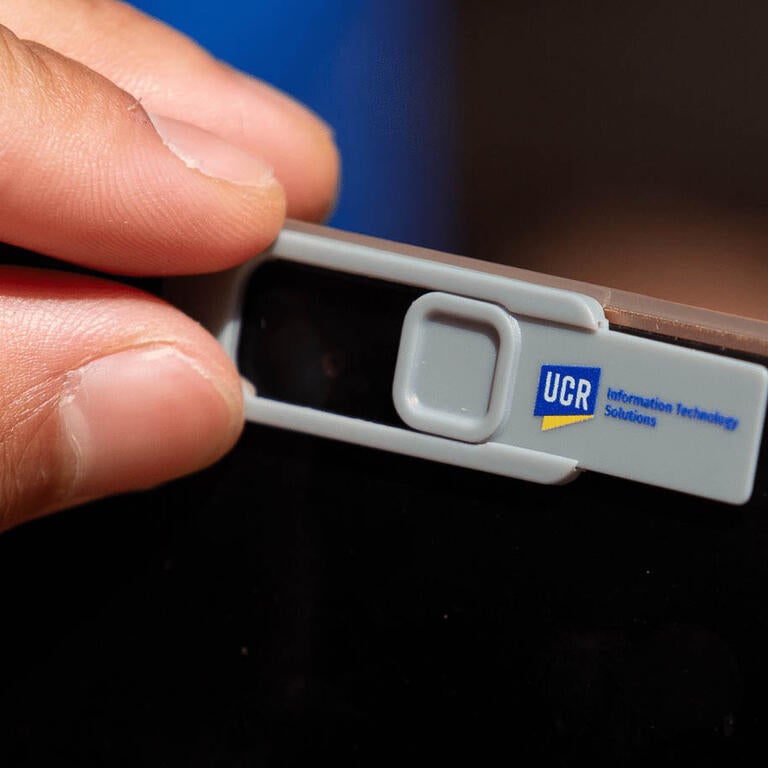SECURITY TIPS
Do your part - be cybersmart!
Follow the tips below to help ensure your personal and financial data stays safe while working and learning at UCR.
Each month, ITS sends out a phishing simulation email. The goal of these emails is to make campus aware of the types of phishing scams that are circulating and to provide tips on how to avoid these scams. This video provides a recap of the phishing simulation emails sent from May 2022 to July 2023 and illustrates how well UCR did in comparison to other organizations.
To see examples of the types of emails you may receive and what to look out for, visit the cybersecurity section of our training page.
If you receive a phishing email, please report it to ITS. To find out how, watch the PhishAlarm video.
Want to make sure your data is safe, but don't know where to begin? This video provides information on simple steps you can take towards making sure your data is as secure as possible.
Be sure to use UCR’s VPN at https://campusvpn.ucr.edu when working. You can find VPN guidance on the ITS Knowledge Base.
Ensure your devices are running on the latest software updates. This includes updating your mobile phones, tablets, computers, Wi-Fi routers, and any other devices connected to the Internet.
Four key ways to keep the cybercriminals at bay:
HOW TO SPOT PHISHING
Should you trust that email or text message?
With electronic messaging being a mainstay of personal and professional communication, malicious actors often utilize email and text messages when they attempt to steal personal or private information. Phishing messages are crafted to look legitimate but contain malicious programming or content used to capture sensitive data, which can put you and the University at risk.
Fortunately, there are simple ways to spot a phishing email. Here are some warning signs to look out for:
- Bad grammar or punctuation
- Strange fonts or paragraph spacing
- Slightly modified email addresses
- Forms that ask for sensitive information like usernames and passwords
- Links to strange websites
- Requests for money from what appears to be a “trusted” person
- Language that creates a sense of urgency or ultimatum





